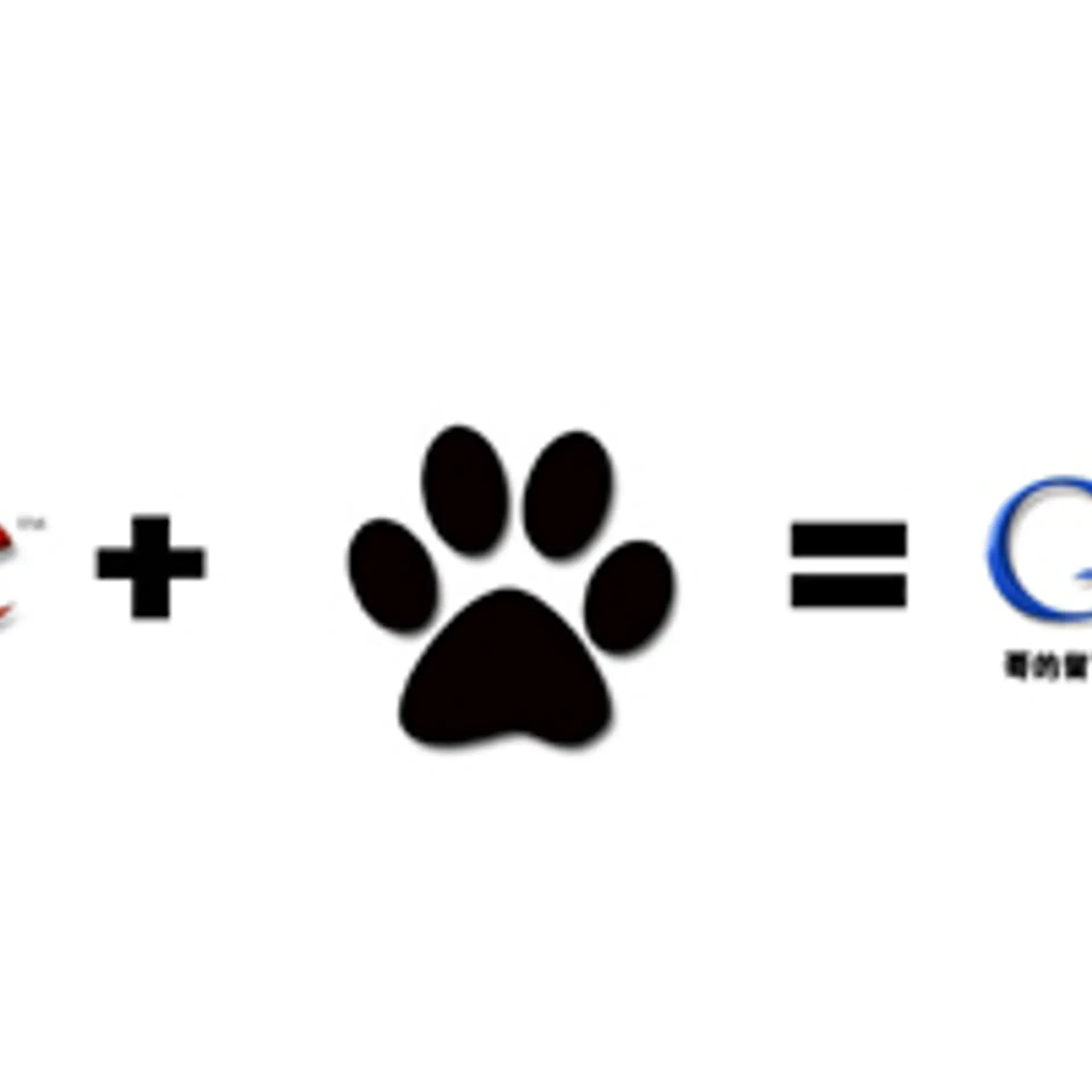

How AI Will Take Robotic Process Automation(RPA) to the Next Level
Robotics and AI augment amplify human potentials, increase productivity and are moving from simple ordinary expertise towards human-like cognitive abilities.
The term AI now encompasses the whole conceptualisation of a machine that is intelligent in terms of both operational and social consequences. According to Statista, the global AI market is expected to reach $118.6 billion by 2025.
There are various sectors where the combination of AI and Robotics can be used such as finance, pharmaceuticals, energy, manufacturing, education, transport, and public services. Ubiquitous sensing systems and wearable technologies are driving towards intelligent embedded systems that will form a natural extension of human beings and our physical abilities.
Robotics and AI augment amplify human potentials, increase productivity and are moving from simple ordinary expertise towards human-like cognitive abilities. To understand the impact of AI, it is important to draw lessons from past successes and failures. It is equally important to anticipate its future directions and potentially legal, ethical and socio-economic implications.
What is Robotic Process Automation (RPA)?
Robotic Process Automation (RPA) is humanoid robots or virtual agents, which automate, improve and/or assist human activities. Robotics can either operate in compliance with a set of predefined instructions or autonomously. The technology is increasingly affordable and user-friendly for businesses today. Day by day; Robotic Process Automation (RPA) companies have increased their productivity and performance in order to become a fast-growing organization. Automation is important in every business as it extends its support from assembly lines to customer query handling.
Key Benefits of RPA
• Automate business operations
• Boost efficiency
• Quality and repeatability
• Free up humans for higher-value tasks
• Replace or augment humans in jobs where there are no labor shortages
RPA solutions
Majority of leading companies are opting for new Automation practices to keep themselves ahead of other players. Choosing a reliable RPA company can be resulted as the reason of higher growth. Let’s have a look at some of the key RPA solution which a RPA companies offer:
▪ Automate labor-intensive, repetitive activities across multiple systems and interfaces by training and/or programming third-party software to replicate a user’s workflow.
▪Operates at the presentation layer without any change in existing systems.
▪ It allows users to intervene and handle exceptions.
Applications of Artificial Intelligence in Robotics
At the present time, companies are seizing every opportunity from AI to save valuable time of people by increasing the productivity in a safe way.
Building on the advances made in mechatronics, electrical engineering, and computing, robotics is evolving rapidly sophisticated sensorimotor functions. These functions give machines the ability to adapt to their ever-changing environment. Until now, the system of industrial production was organized around the machine. But, now it has been calibrated according to its environment and tolerated minimal variations.
Robots are being developed with the help of Artificial Intelligence. It can enable robots to feel the emotions, sensations, and according to the conditions they can respond to the environment. AI empowers the robot to function as mobile, increases the quality of performance. Artificial Intelligence optimizes the task and makes it simpler, save companies’ money and individual time in interactive information systems.
Mobile robots are being used in hotels, hospitals, airports, and shops as information booths to assist customers. They can answer customer queries, send and receive information, and generate payment link as well as payment invoice for the e-commerce sector.
Another important application of AI in robotics is the task of perception. Robots can sense the environment by means of integrated sensors or computer vision.
Application of Artificial Intelligence in Business:
AI can deliver tremendous business value, but it must first be operationalized. Real-time customer engagement is one area in which AI has been successfully operationalized and is delivering unprecedented business benefits. A Real-time environment provides better feedback on decisions and the data provided helps the machine in becoming better. In fact, since the early 2000s, the true leaps forward in AI have come as a result of the sheer availability of data - Big Data.
Humans and computers are natural data analyzers. Humans can recognize patterns quickly in small amounts of data, while computers tirelessly repeat routine work. By combining these two talents, we can build AI that reacts quickly to new situations based on a huge dataset. This is a big advantage in the data and systems ecosystem, which is growing increasingly complex at an exponential rate. By studying business opportunities and related data, we can understand how, when and why AI can solve problems.
AI is not a new phenomenon, butit was prohibitively expensive for ordinary companies – until now. With modern cloud tools and agile development methods, we can develop a business-shaping AI that scales to demand. With the proper business case, you can now build AI-based solutions with a short-term payback on the investment.
Conclusion
The impact of robotics and AI will not only affect manufacturing, transportation, and healthcare, but also jobs in agri-food, logistics, security, retail, and construction. It is important to assess the economic impact and understand the social, legal and ethical issues of robotics and AI. It will help organizations maximize the benefits of these technologies while mitigating adverse effects. Concomitantly AI and RPA companies are ruling over the techno world for their successive growth with effective inventions.





